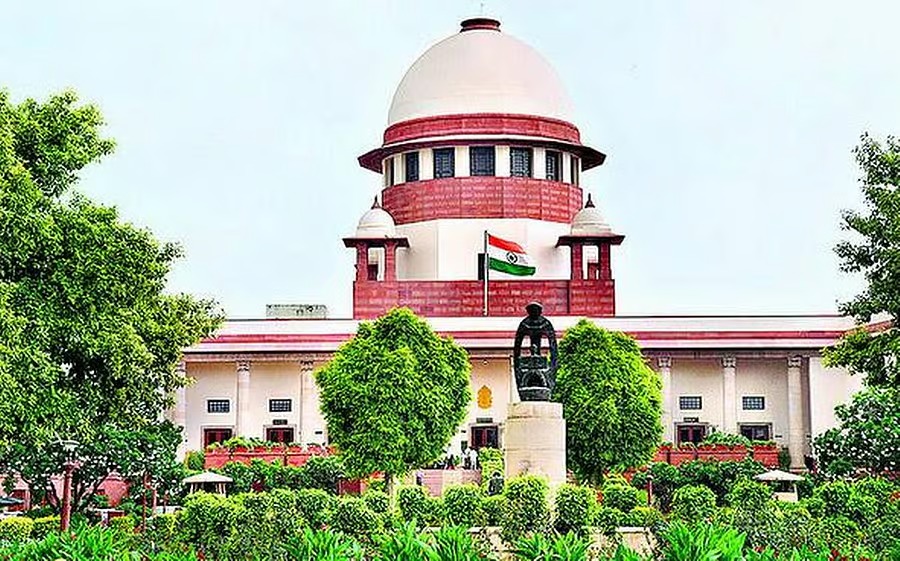@JUDGMENTTAG-ORDER
Shantanu Kemkar, J.@mdashHeard on the question of admission.
2. By filing this petition under Article 227 of the Constitution of India the petitioner/ defendant has challenged the order dated 2-9-2006 passed by the V Civil Judge, Class I, Bhopal in Civil Suit No. 33-B/2004.
3. Briefly stated the respondent filed a suit for recovery of loan amount advanced to the petitioner on the basis of a receipt (Annexure P-l) executed by the petitioner in favour of the respondent.
4. After the aforesaid receipt was exhibited as Exhibit P-1 in the plaintiff''s evidence and his cross-examination was over the petitioner defendant moved an application u/s 151 of the Code of the Civil Procedure before the trial Court praying therein that the said document Receipt (Exhibit P-l) being not duly stamped in accordance with Indian Stamp Act, 1899 (Act for short), therefore, the said document (Exhibit P-l) be impounded and be sent to the Collector.
5. The aforesaid application filed by the petitioner was opposed by the respondent stating therein since no objection was raised at the appropriate stage and the document having already been admitted in evidence, the petitioner cannot object on the ground that it is not duly stamped.
6. The learned trial Judge after hearing the parties rejected the petitioner''s application and held that since the petitioner did not object when the document was admitted in evidence the objection cannot be allowed in view of Section 36 of the Act.
7. Feeling aggrieved the petitioner has filed this application.
8. The learned Counsel for the petitioner submits that the trial Court while rejecting the petitioner''s application has given complete goby to the provisions of Section 61 of the Act and thus acted arbitrarily and mechanically.
9. He also submits that the trial Court was duty bound to make order in regard to the admissibility of the document and having not done so, the impugned order is vitiated.
10. I find no merit in the contention of the learned Counsel for the petitioner.
11. It is not in dispute that the petitioner did not object when the document was admitted in evidence, therefore, as provided u/s 36 of the Act, the admissibility of the document could not be called in question at subsequent stage of the suit on the ground that it has not been duly stamped.
12. As regard the contention of the petitioner about Section 61 of the Act. A bare reading of it would make it clear that Section 61 of the Act cannot be invoked before the trial Court by raising an objection after the document is admitted in evidence but Section 61 of the Act is applicable at the appellate stage. In the case of
In a case where an instrument is tendered and the Civil Court just admits it in evidence, without its being questioned on the ground that it is not duly stamped, such validity cannot, by virtue of Section 36 of the Act, be subsequently questioned at any stage of the same suit or proceeding on the ground that it is not duly stamped. The only course then open is the one provided in Section 61 of the Act. Under that section, it is the Court, to which appeals lie from, or references are made by the Court which admitted the instrument in evidence, which may, on its own motion or on the application of the Collector, take into consideration the order of the subordinate Court admitting the instrument in evidence. And, if such (appeal or reference Court is of the opinion that such instrument should not have been admitted in evidence without payment of duty and penalty u/s 35, or that higher duty and penalty should have been paid, such Court may order the instrument to be produced and may impound it when produced. Such Court shall then send the instrument, along with its declaration, to the Collector.
In view of the aforesaid legal position and the fact that the petitioner did not raise any objection when the document was admitted in evidence, the learned trial Judge has committed no error in rejecting the petitioner''s application for impounding the document.
Accordingly, the petition is dismissed summarily.

